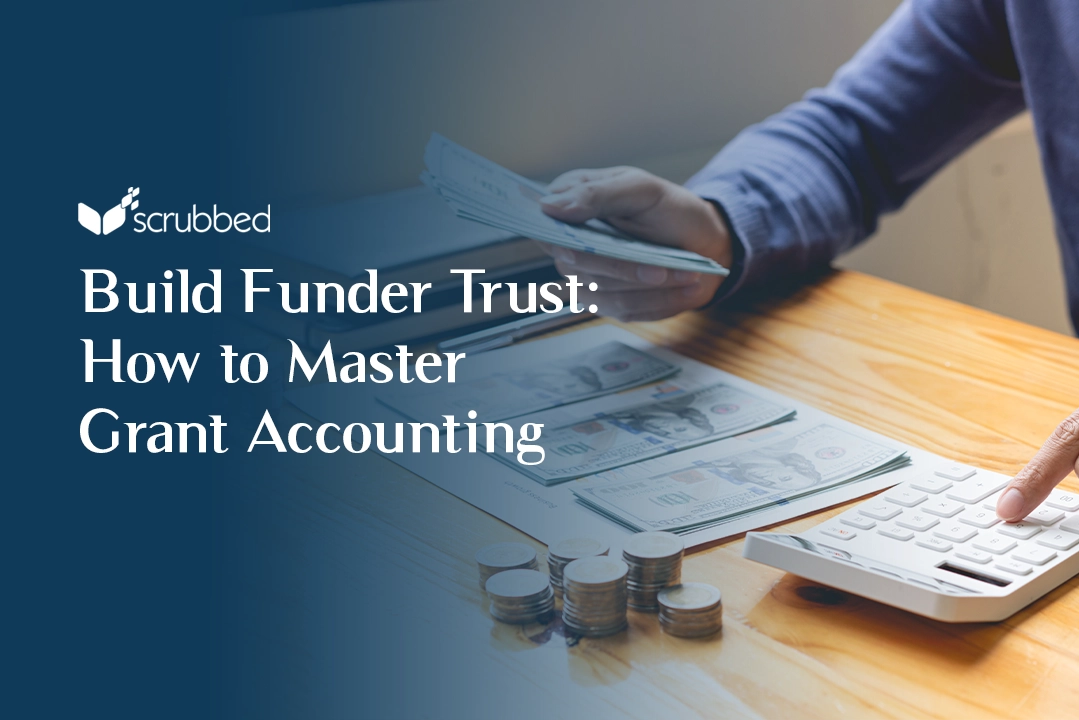Many small- to medium-sized organizations are outsourcing functions like accounting, recruitment, marketing, and product design. Typically, it’s because they need greater access to certain skillsets or talent, want to reduce costs, need to improve compliance, or have trouble accessing and maintaining the technology to get the job done.
If you choose to outsource your accounting function, it’s important to recognize that outsourced accounting firms offer different service mixes, skillsets, levels of experience, certifications, and work styles. To ensure your vetting and selection process goes smoothly—and you choose the firm that best meets your needs—it pays to ask yourself these eight questions during the evaluation process.
1. How reputable is the provider?
Reading case studies and testimonials will only get you so far. Ask for references from companies similar to yours in terms of size, industry, and requirements. Dig deep to understand whether current clients consider this provider a trusted partner that builds long-term relationships by demonstrating integrity and service excellence. You’ll want to choose a firm that is invested in your success and has your long-term interests in mind.
When you talk to the provider’s references, ask about:
- Quality control measures
- Contingency plans for timeline changes
- Compliance protocols
- Applicable certifications
It’s also important to assess whether the outsourced accounting firm’s values align with yours. For example, if they show empathy toward you and your challenges during your discussions, and they’re open and transparent about their people and processes, that’s a good sign.
2. Does the provider partner with organizations similar to ours?
Some outsourced accounting firms focus on particular industries, while others work with companies at certain stages of maturity, whether startups or more established businesses. Ideally, you want to partner with a provider that works with companies similar to yours in terms of size, lifecycle stage, industry, and even geography—since each industry and jurisdiction can present unique accounting needs and regulatory requirements. For example, there may be idiosyncrasies in reporting, licensing, taxation, or even cross-national business operations particularly when incorporating specialized services like ESG reporting services to meet evolving stakeholder and compliance demands.
Also look for signs that the firm has the flexibility and capabilities to grow with you as your company scales and your requirements change. Growth always presents challenges, so you’ll want an accounting partner that can help you through them.
3. Can this provider build the right team for our needs?
Trying to assemble an internal accounting team with the full range of skills to meet all your requirements is nearly impossible. An outsourced accounting firm removes that burden.
To determine whether the provider can bring together the right team for your needs, first consider whether your decision to outsource is based on capacity constraints, a desire to reduce costs, or a need for more specialized skills than you have in-house. Your goals will drive the types of resources you’ll need from an accounting partner.
Regardless, make sure you’re confident they can assemble a team with the necessary experience, capabilities, training, and certifications. Ask how they’d staff your account if you need complex planning and analysis vs if you just need basic bookkeeping. If possible, speak to the proposed team to determine:
- How well they’ve been trained in the procedures and tools required
- Whether they’re up to date on the latest accounting standards and regulations that impact your industry
- How they’ll communicate and coordinate with your staff
4. Do they follow sound, documented processes?
An outsourced accounting team should have a well-defined, well-documented process that integrates with your systems and processes and ensures you receive timely, accurate deliverables.
To understand whether their documentation, financial records, and reports are accurate and organized, ask if they can share generic work product samples. To get a sense of what their communication will be like, assess whether they answer your questions and respond to your requests quickly and thoroughly during the vetting process. That’s often an indication of how well they’ll manage communication ongoing and whether they’ll consistently meet deadlines.
5. Do they use appropriate technologies?
To deliver quality accounting services, an outsourced firm needs to invest in the right technologies. Ask questions to understand the entire technology toolset the provider brings to the table and ensure they’re following related best practices. For example:
- What software do they use to ensure effective project management and exceptional accounting accuracy?
- How do they manage data backups?
- Do they have a solid plan for unexpected equipment failures?
6. Is their security protocol sufficient?
If you’re going to outsource your accounting, it’s essential to ensure your financial data will be well protected. Be sure to ask pointed questions about:
- System security processes and protocols, both while your data is in their hands and during data transfer
- Encryption and access control protocols
- Backup procedures
- Facility security
- Cybersecurity measures
- Disaster recovery plans
It’s also a good idea to have your corporate insurer review and approve the firm’s security system design.
7. How will they help us achieve a strong ROI?
Regardless of the goals you’ve set for outsourcing your accounting, you’ll want assurance that the decision will generate a good return on your investment. Outsourced accounting services don’t add value unless they enhance your capabilities, increase your efficiency and productivity, help you manage costs, or safeguard against the cost of non-compliance.
Before moving ahead, ask if the provider can perform an initial analysis showing the cost/benefit of outsourcing your accounting. If managing the same effort internally would require buying equipment or software, or increasing your headcount, factor those expenses into the analysis.
8. What is the firm’s standard SLA (service level agreement)?
This critical document defines your partnership, the execution plan, and the costs, all of which should be stated clearly, since ambiguity in the SLA can lead to ambiguity in the work. Review the SLA carefully (preferably with your attorney) and ensure that everything is spelled out, including:
- Terms
- Schedule and timelines
- Contract length and renewals
- Non-disclosure agreements
- Intellectual property ownership
A typical SLA also might address many other factors, including billing management. And since a reputable outsourced accounting provider should stand behind its work, the SLA review process is the time to discuss indemnification, professional insurance, and audit defense.
Scrubbed Has the Answers!
For more and more businesses, Scrubbed is the outsourced accounting partner that checks all the essential boxes. When prospective clients evaluate our company, team, and services, they find we’re a reputable, trusted partner that delivers quality work, through a talented and experienced team, using the most appropriate technologies, processes, and protocols, for the greatest ROI. From startups to highly specialized industries needing biotech accounting services, Scrubbed helps clients address complex requirements with confidence. We’ve also successfully completed the SOC2 audit process and received a Type 1 report.
Contact Scrubbed to learn how our proven outsourced services can solve your accounting challenges!








